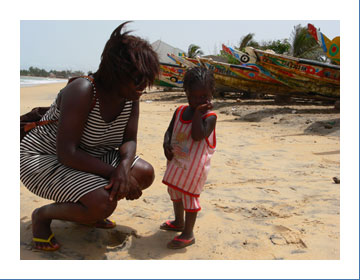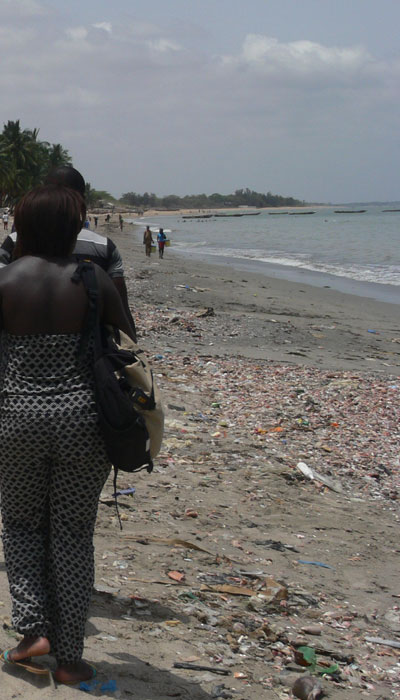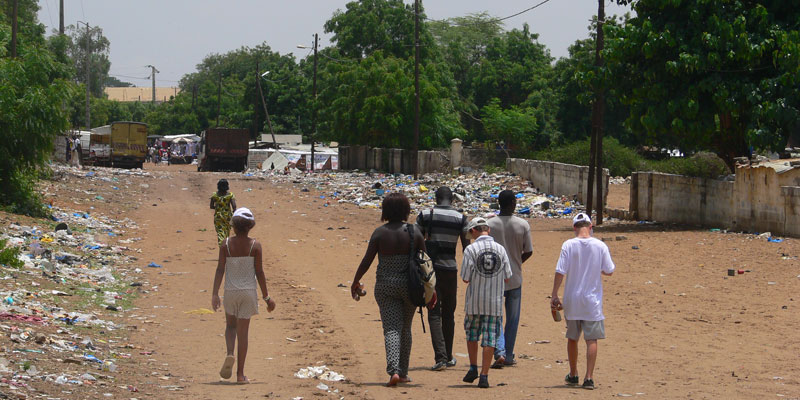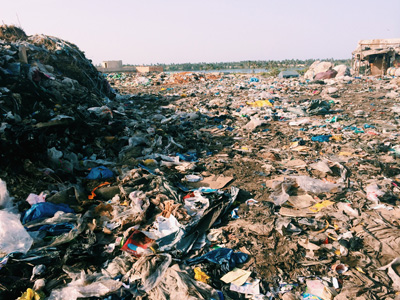
We gebruiken cookies uitsluitend om uw kleurenschema en taalkeuze te onthouden. Maak uw keuze aub.
Nous utilisons des cookies exclusivement pour sauvegarder votre schéma de couleur et votre langue préférée. Choisissez svp.
We use cookies only to remember your preferred color scheme and language. Make your choice please.

| Mahoua: | my beloved father, who taught me to do what I can... |
| Kàttan: | energy, power, the ability to do something... |
 |
|
Mission Statement | |
| Mission statement: | Mahou Kàttan is a non-profit association (asbl), active in the socio-economic sector, which aims to improve the rights and living conditions of women and children, mainly in disadvantaged areas of Senegal, notably by producing green electricity - which can be used for many purposes - and reducing waste. Women and girls are often relegated to the status of family helpers, minimizing their role in society. Underemployed, confined to the status of family helpers, they aspire to become autonomous and acquire a personal income. The difficulties of acquiring economic, residential and marital autonomy are common to many young rural people throughout Africa, as are the difficulties of access to information, credit, adequate training, etc. The ways in which productive and reproductive work are linked are rarely taken into account, even though they weigh heavily on the lives of women, particularly young women entering married life for the first time. Our aim is to enable them to follow several courses on their rights as women, through distance learning or on-site training with giant projectors or computers. Access to (green) electricity will enable women and girls to become emancipated, and will give them access to training in digital technology, environmental awareness, and their rights as equal partners between men and women. Without electricity, these young girls are condemned not to go to school, to early marriage, to female circumcision, to work in the fields and to spend their whole lives at the mercy of men. |
| Specific needs: | Access to (green) electricity will allow women and young girls to emancipate themselves, this will allow them to access training on digital technology, on environmental awareness, their equality rights between men and women. Without electricity, these young girls are condemned not to go to school, the obligation of early marriages, the excision of young girls, to go to the fields and condemned to remain all their lives in the care of men. The producing a very limited quantity of energy is extremely expensive: to supply drinking water to some 150 inhabitants of a village, around 60L of diesel are needed per month, at €1.15/L, while a family of Senegalese farmers (for 4 to 6 people) earn on average barely €50 per month in Senegal. Even around the town of Touba, where on average only one village in four has an energy source. The need for renewable energy sources is obvious, in order to promote equality of access and control over drinking water and energy, and to increase the level of ecological awareness. |
| Objective: | In general: we aim to improve the rights and living conditions of women and children, mainly in disadvantaged areas of Senegal, in particular by producing green electricity -- usable for many purposes -- and reducing waste . More specific: |
| Sustainability: | Production of "green" electricity using solar panels or other sustainable technologies instead of burning fossil fuel:
|
| Planned actions: | |
Although small photovoltaic installations are much faster and easier to install in remote and fairly isolated locations, and can therefore be realized with a much smaller budget, it remains one of Mahoua Kàttan's objectives to realize a thermo solar power station at the Senegalese towns of Darou Mousty and Touba (or in any other region according to the local needs), in order to generate electricity without polluting these regions.
The number of hours of sunshine per day in the region is quite sufficient, even during the rain season.

Opposite to photovoltaïc solar systems who directly produce electricity, thermodynamic solar systems generate heat. The heated fluids have a certain thermic inertness (capacity to store heat) which makes the thermodynamic power production less "jerky" then the photovoltaïc production. Moreover, systems using dynamic heat storage can easily be integrated with different systems, enabling power production until several hours after sun rays have disappeared.
These centrales do not directly produce waste nor any greenhouse gas.
Also the production of the materials required to build this kind of power system is less polluting than the production of solar panels.
Meanwhile, this electricity could contribute to the creation of an artificial lake to collect rain water and reduce the consequences of the floodings during the rain season. Later, this water could be used to irrigate agriculture fields during the dry season. To be researched which (combination of) means would be most efficient in terms of implementation and maintenance costs and productivity: gutters, artificial lakes, pumps, ...
Less floodings in the towns will reduce the health risks and the power failures and boost the local economic activities, and increase the cleanness (this combined with reduction of plastic bags and sorting waste).

... and other towns in Senegal is not a pretty one. Heaps of filth, heaps of rubble, plastic bags, household garbage are the scenery in most places ... in spite of the government's efforts to offer an adequate and healthy living space to the people.
I was shocked by the number of plastic bags and bottles littering the streets and the beaches. It wasn't like this 20 years ago. We used to go to the market place with a calabash or a bucket.
To improve waste handling, people should sort their garbage and separate for example vegetable leftovers from (bio)chemical waste.
The current lack of regular wastebaskets doesn't make it any easier to create a clean living space.
Those bags that you use only once, for about half an hour, fill the streets, along the roads, the beaches, ... (see wikipedia).
By using a better recipient to transport your shoppings, plastic waste could be reduced by upto 2kg per year per inhabitant. For Senegal only that would mean 12.000 tons less waste, say a queue of several hundreds of large trucks. Get hold of a reusable recipient and refuse the plastic bags presented at the counter that end up like this:
To assist you while learning the right civic actions related to cleanliness and waste sorting, Mahoua Kàttan will accompany you with
Teach the children how to sort waste! Start by optimizing the sorting at school! Those are the challenges for a solid and lasting implementation.
All schools in Senegal will be invited to participate to the activities thru which all actors will be implied as much as possible.
What we offer is a guidance in optimal waste management:
How can we improve the cleanliness of public spaces?
How does waste sorting contribute to this objective? How to get started?

Today, almost all shopkeepers distribute plastic bags, and there is no sensitizing at their level. There are no trash bins allowing to sort in place in the streets of Dakar (nor in any other town in Senegal).
Our initiative is to help you find a way to reduce the use of plastic bags.